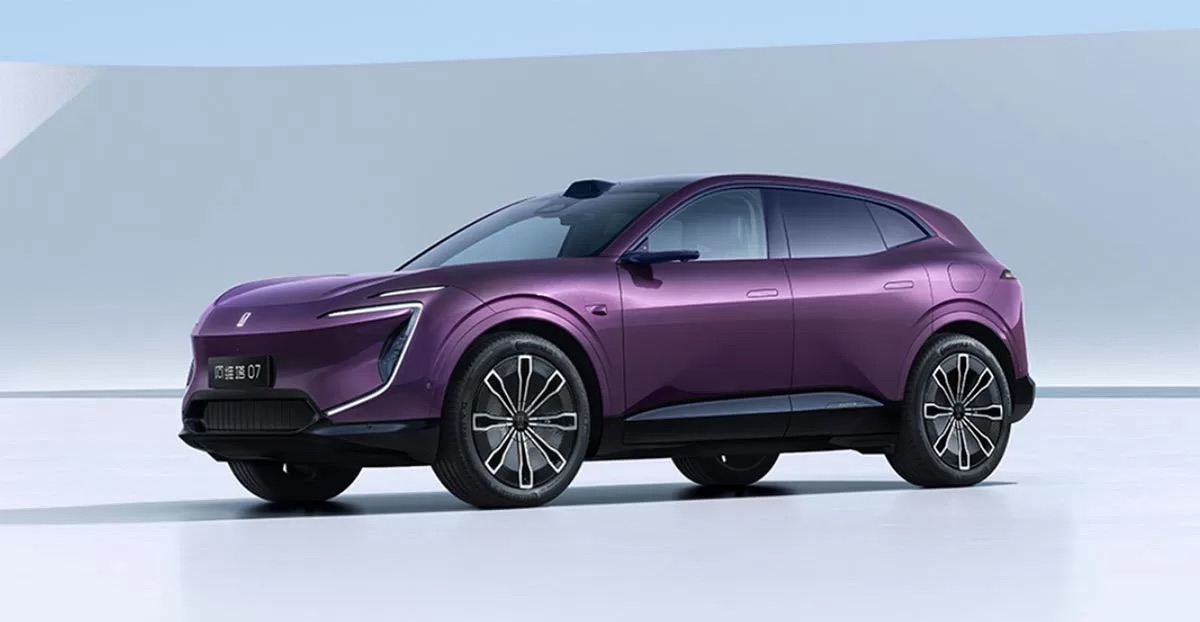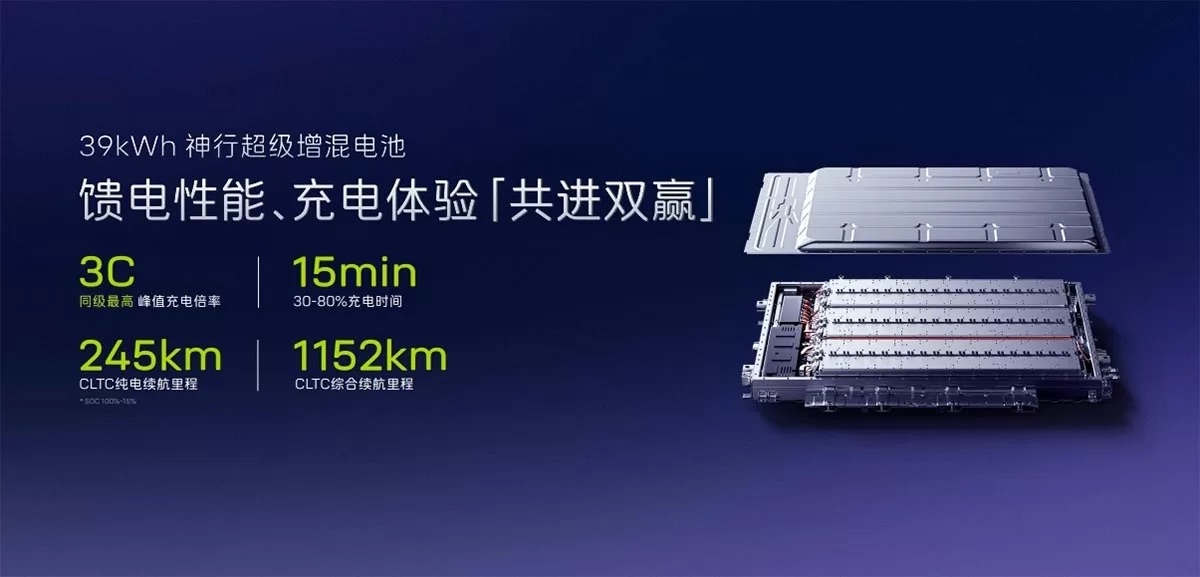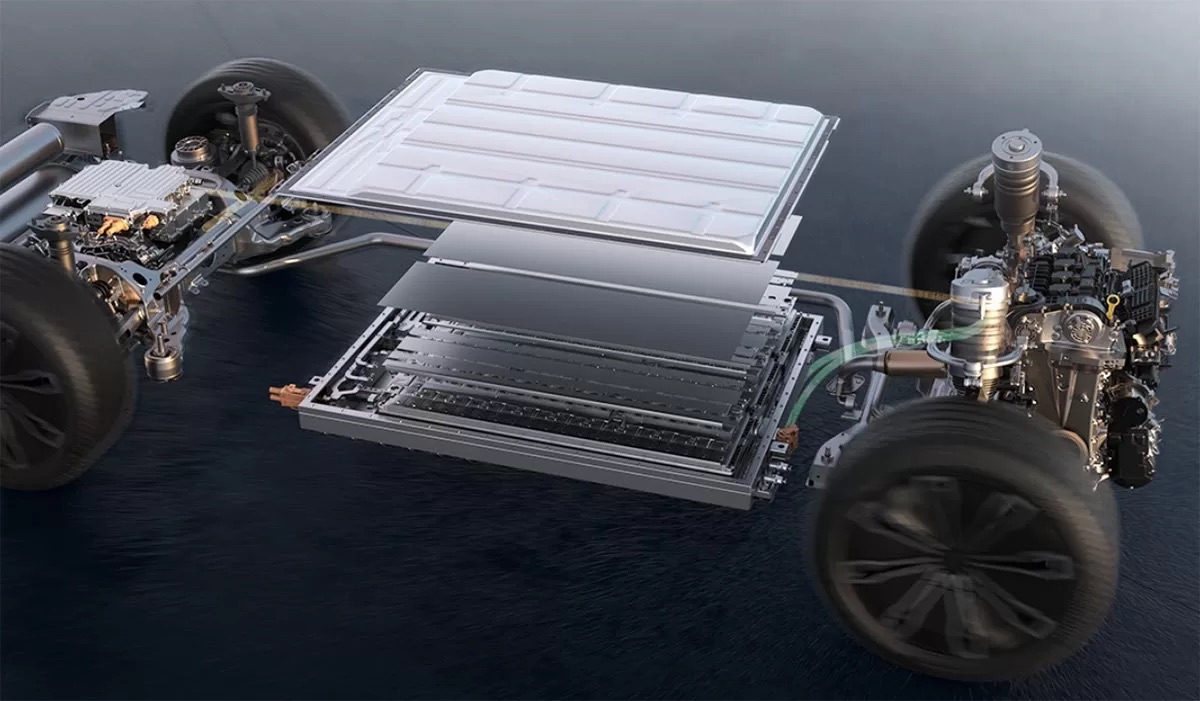Sign up for daily news updates from CleanTechnica on email. Or follow us on Google News!
Throwing the EV world for a bit of a loop, plugin hybrids are on an uptrend in China. Aside from the surprising explosion in popularity of the Li Auto models, BYD is selling a lot of plugin hybrids. In fact, plugin hybrid sales grew 70% in June 2024 versus June 2023 compared to pure battery-electric vehicle sales growing 1%.
However, a couple of recent announcements really caught me off guard. Two EV startups that were supposed to be BEV producers are swinging left! They are venturing into the plugin hybrid (or extended-range electric vehicle) space.
Avatr 07
First of all, we’ve got Avatr. Avatr sells a few extremely attractive, luxurious electric vehicles. However, it’s apparently now developing an extended-range electric vehicle architecture. The Avatr 07 will be the first model to use the “Kunlun” architecture, but two more will be unveiled by the end of the year as well.
Note that Avatr is a young EV brand created in 2018 by Changan and NIO (named Changan Nio), but NIO exited the partnership and it’s now a joint venture between Changan Automobile, Huawei, and CATL. “Avatr said it teamed up with CATL to create an EREV battery pack with a capacity of 39 kWh, which solves the problem of traditional EREVs that suffer from severe power degradation at low states of charge,” CnEVPost writes. “The pack has a peak discharge multiplier of 9 C at full charge and maintains a peak discharge multiplier of 7.7 C even at low power, Avatr said.”
It takes just 15 minutes to charge the battery pack from 30% to 80%, and the car can go 245 km (152 miles). “The system has an internal combustion engine with a thermal efficiency of 44.39 percent and a maximum power generation of 100 kW. It can produce more than 3.63 kWh of electricity per liter of gasoline, the highest in its class, the company said.”
There actually is a pure electric version of the Avatr 07 as well.
Zeekr?!
Zeekr surprised me even more than Avatr. Maybe it’s because the company’s name starts with a “Z” and I’m biased, but Zeekr seemed like a brand that would have to be fully electric always and forever. Nope.
In the second half of next year, Zeekr is going to roll out a new SUV, and it will come in different variants, a fully electric version and an EREV version. “Andy An, president of Geely Holding Group, CEO of Zeekr, mentioned the plan today in Geely Automobile Holdings Limited’s 2024 interim results announcement, marking the first time a Zeekr executive has mentioned a timeline for the launch of a hybrid model,” CnEVPost wrote on Wednesday, the same day the Avatr announcement above was made.
“The flagship SUV, which is expected to go on sale in the third quarter of 2025, uses a hybrid technology that combines the advantages of plug-in hybrid and extended-range hybrid technologies, and will be better for users in terms of power, An said. The system provides the same racking experience as BEVs in extended-range mode, while the engine is engaged to drive the vehicle at highway speeds, thus solving the problem of high fuel consumption of traditional extended-range electric vehicle (EREV) models at highway speeds, according to An.”
Zeekr is even younger than Avatr, founded in 2021 under the Geely umbrella. Andy An, quoted above, is president of Geely Holding Group and CEO of Zeekr.
Is This Good or Bad?
Am I thrilled with these BEV companies adding EREV/PHEV options? No, not really. However, these companies are clearly finding strong demand for the more varied powertrains. That may be more of a need in large megacities where a lot of people don’t have their own garage or parking space to guarantee home charging. But how much are these EREVs designed to get around government regulations or policies and won’t actually be charged often? I hope that’s not what’s going on, because that would be a big step backwards.
Have a tip for CleanTechnica? Want to advertise? Want to suggest a guest for our CleanTech Talk podcast? Contact us here.
Latest CleanTechnica.TV Videos
CleanTechnica uses affiliate links. See our policy here.
CleanTechnica’s Comment Policy








